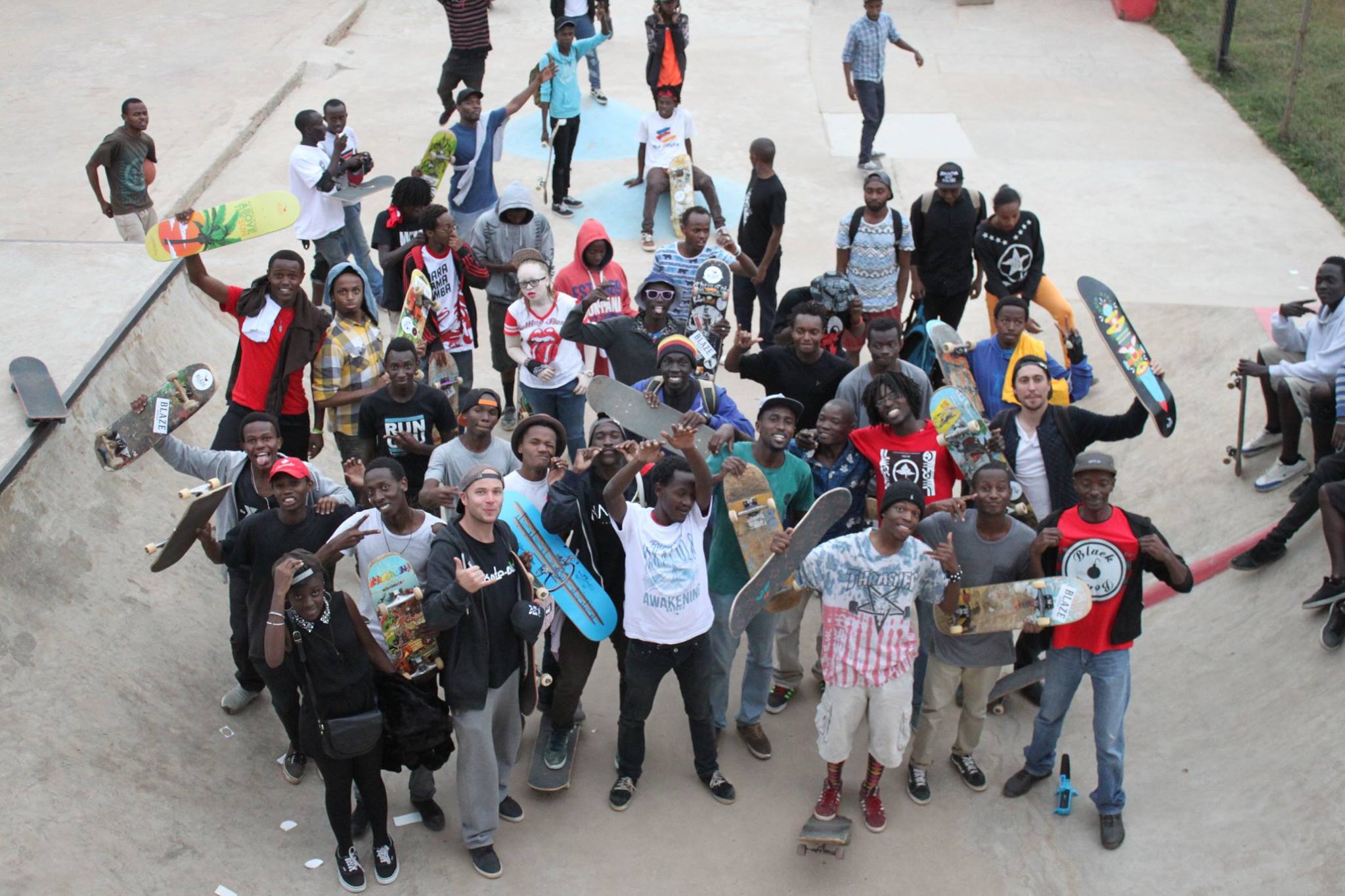The pervasive influence of social media has revolutionized the way we connect, communicate, and share our lives. However, amidst the excitement of these virtual interactions lies a critical concern: the potential compromise of our private security. What might seem like harmless updates or posts can inadvertently expose sensitive information, leaving us vulnerable to a range of threats.
The Extent of Vulnerability
The perils of oversharing on social media extend far beyond the confines of our physical dwellings. It’s essential to recognize the broader risks, including:
- Kidnapping and Abductions: Malicious actors can exploit location information, routines, and personal details to target individuals, especially children, for criminal activities.
- Robberies and Burglaries: Posting about your family, children and even your family’s whereabouts or expensive possessions can attract the attention of criminals looking for easy targets.
- Social Engineering: Cybercriminals can use the information you share to manipulate or deceive you into divulging sensitive data or engaging in risky actions.
- Phishing Attacks: Personal information shared online can be used to craft convincing phishing messages, tricking you into revealing login credentials or financial data.
- Stalking and Harassment: Oversharing can enable individuals with ill intentions to track and harass you or your loved ones.
Protecting yourself and your Loved Ones: Recommendations
- Think About Your Audience: Adjust your social media account settings to limit who can see your posts. Sharing information about your children’s routines or school locations could inadvertently aid potential wrongdoers.
- Be Mindful of Friends: Only accept friend or connection requests from individuals you know and trust. Fake accounts can be used to gather personal information.
- Avoid Specifics: Refrain from disclosing precise addresses, schools, or workplaces. Vague references can help maintain a level of privacy.
- Sensitive Photos: Images can reveal more than you intend. Be cautious with photos that display your home, workplace, or other identifiable landmarks.
- Location Services: Disable location tagging for posts that reveal your current whereabouts. Share such details only after you’ve left the location.
- Children’s Online Presence: If your children are on social media, guide them about responsible sharing and privacy settings. Monitor their online activities to ensure their safety.
- Vacation Updates: Share vacation memories after you return. Real-time posts could notify criminals of an empty home, endangering your property and loved ones.
- Regular Check-ins: Regularly educate your children and family about the potential risks of oversharing, fostering a culture of responsible online behavior.
- Report Suspicious Activity: If you encounter any suspicious or concerning online behavior, report it to the respective platform and consider involving law enforcement if necessary.
- Private Groups: Utilize private groups or close friend lists to share personal updates. This way, you have more control over who can access your information.
- Public Profiles: Review your social media profiles from the perspective of a stranger. Remove any personal details that could be misused.
- Educational Initiatives: Support community efforts to raise awareness about online safety, especially among children and teenagers.
- Sensitive Photos: Images can reveal more than you intend. Be cautious with photos that display your home, workplace, or other identifiable landmarks.
- Strong Passwords: Use strong, unique passwords for your social media accounts. Enable two-factor authentication for an added layer of security.
- Think Before You Post: Before sharing a post, consider the potential consequences. Could the information be exploited by malicious actors? If so, reconsider the post.
- Review Friends List: Regularly review and prune your friends list. Remove any connections that you no longer recognize or trust.
- Beware of Scams: Be cautious of unsolicited messages or friend requests, especially those asking for personal or financial information.
- Educate Others: Share these tips with family and friends to collectively create a safer online environment.
As we embrace the digital age and its myriad opportunities, we must not overlook the risks that come with sharing personal information on social media. The consequences of oversharing extend beyond our homes and possessions to the safety of our loved ones, especially children. By remaining mindful of the potential threats and adhering to prudent online practices, we can protect ourselves and our families from the perils that lurk in the digital realm. Striking a balance between enjoying the benefits of social media and preserving our private security is not just a responsibility—it’s a necessity. Stay safe!

